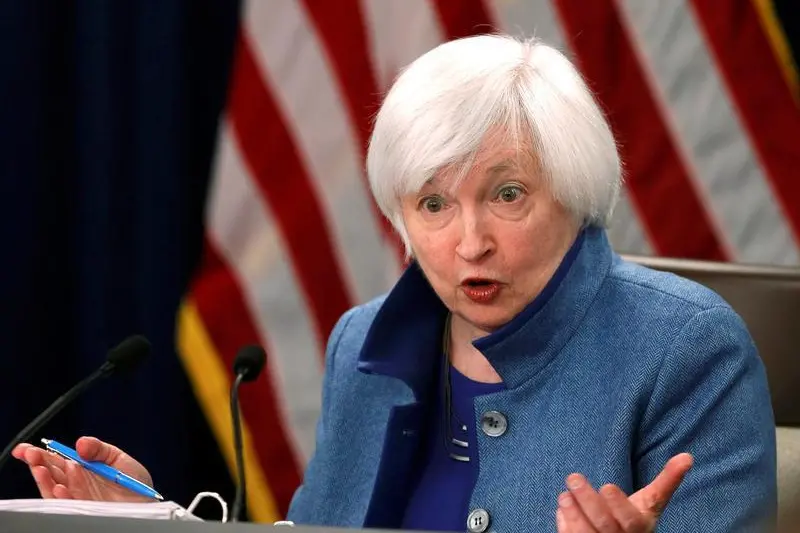PHOTO
NEW YORK - U.S. Treasury Secretary Janet Yellen on Wednesday said recent turmoil in the cryptocurrency market has not spilled over to the banking sector, but she remained skeptical about the industry and believed it needed adequate regulation.
Yellen told an event hosted by the New York Times DealBook that it was important to ensure that crypto assets had adequate customer protections.
"I have been skeptical, and I remain quite skeptical," she said.
She added it was important to remain open to financial innovations, especially if they could lower the cost of cross-border transactions and help improve financial inclusion, but said that was not what recent developments had been about.
"I think everything we've lived through over the last couple of weeks, but earlier as well, says this is an industry that really needs to have adequate regulation. And it doesn't," she said.
Cryptocurrency exchange FTX, which filed for bankruptcy in Delaware on Nov. 11, had said it owes its 50 biggest creditors nearly $3.1 billion. The high-profile crypto blowup left an estimated 1 million customers and other investors facing total losses in the billions of dollars.
Yellen told DealBook that the United States was involved in discussions with allies about regulating cryptocurrencies and the Treasury Department had also done a number of reports mapping out "significant" concerns.
One key priority, she said, would be to ensure protection of customer assets and segregation of those assets to prevent problems such as those seen with FTX.
The cryptocurrency crisis amounted to a "Lehman moment" for the sector, Yellen said, referring to the 2008 bankruptcy of Lehman Brothers investment bank, which triggered a huge stock market downturn and led to a $700 billion bailout of financial players by the U.S. government.
"The good piece of an explosion like we saw is that it hasn't spilled over to the banking sector. Banking regulators have been very careful about crypto," she said.
"It's a Lehman moment within crypto, and crypto is big enough that we've had substantial harm with investors."
(Reporting by David Lawder and Andrea Shalal in Washington Editing by Matthew Lewis)





















